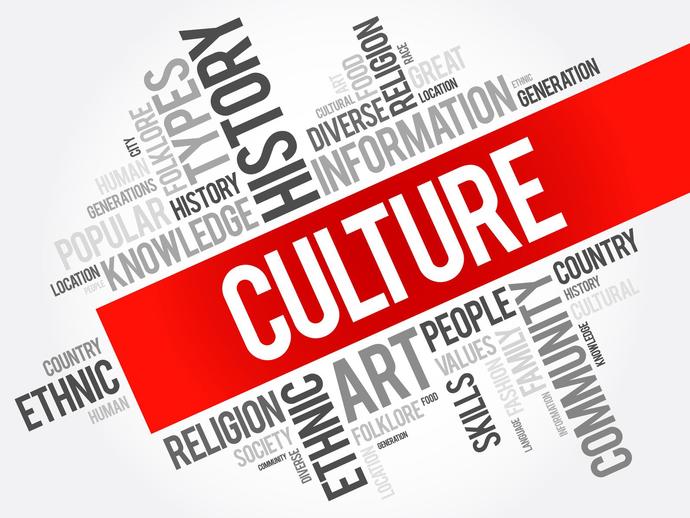You possibly have a concrete notion of what it means to be a Latino. This MyTake, may even reafirm it, or totally make you question the notion you had.
"Latino" is one of those words that may trick you into believing one thing, that by definition is not. Stereotypes had done the damage, also a "racial census" that makes no sense— reasons: race doesn't exist in our species and the census is based on an old and highly inaccurate interpretation.
What are some of those stereotypes?
⚠️Latinos are all the same.
📌They all look alike—brown.
📌They all have the same culture—go to church, like to party and are very passionate.
📌They eat the same thing—tortillas, avocado, nachos, etc.
Among many other stereotypes I may not be aware of.
First thing: Latino is not an ethnicity, or even a race. It has nothing to do with your biological ancestry. At least in LATAM, is not. I understand that in the US and many anglophone countries, it's interpreted as someone from Latin America, but that's a huge mistake to interpret it that way.
Been Latino, it's been part of a culture; a culture expressed through a language that derive from Latin. In LATAM, we got Hispanic America and Luso America, for the most part, where Spanish and Portuguese are the main spoken languages in the region.
The countries that conform Hispanic America and the one that conform Luso America: we can agree they are Latino, but they are, because of culture.
It may be a shock for you to realize that people from Spain, Portugal, Italy, France, Romania; are also Latinos. They are, by definition.
⚠️The RAE—Real Academia española, or "Royal Academy of Spanish letters"—explaine it:
📌Latino, according to the RAE:
⚠️Dicho de una persona: De alguno de los pueblos que hablan lenguas derivadas del latín.
RAE definition: A person who belongs to any population that speaks a language that derive from Latin.
Some of you may be confused and even insist that Latino means people from Latin America, but in LATAM, it's not perceived like that. For example, the Italian signer: Laura Pausini, is considered latina, in Latin America and in southern Europe, because there's a wider sense of the word, outside the anglophone interpretation— which I think is more American than anything.
What color are Latinos?
We are of all skin colors—in our species spectrum.
What's our ethnic background?
It's extremely diverse. Like I said before, "Latino" is not an ethnicity. In LATAM most of us have mixed ancestry, been more likely: of indigenous, subsaharian-African and European ancestry. The ratio depends of which part of the region. Some populations may have more indigenous ancestry, others, more African, so on; but indeed, in LATAM we are really mix; although there are some countries in the region where the majority of the population is of direct European descent. Example: Argentina, Chile, Uruguay, and also Paraguay and Brazil has an important "white" population. There are people in those countries who has surnames that are as Germanic as that they can be, but they speak Spanish and they see their self as Latinos. Their surname makes them less Latino? No, they are because of their culture. Another example: Black population in Latin America. Their skin color or ethnic origin, doesn't make them less Latinos. They are Latinos because their first language is of Latin origin and their culture is of Latin origin.

🙏I hope you enjoyed the MyTake!
 Holidays
Holidays  Girl's Behavior
Girl's Behavior  Guy's Behavior
Guy's Behavior  Flirting
Flirting  Dating
Dating  Relationships
Relationships  Fashion & Beauty
Fashion & Beauty  Health & Fitness
Health & Fitness  Marriage & Weddings
Marriage & Weddings  Shopping & Gifts
Shopping & Gifts  Technology & Internet
Technology & Internet  Break Up & Divorce
Break Up & Divorce  Education & Career
Education & Career  Entertainment & Arts
Entertainment & Arts  Family & Friends
Family & Friends  Food & Beverage
Food & Beverage  Hobbies & Leisure
Hobbies & Leisure  Other
Other  Religion & Spirituality
Religion & Spirituality  Society & Politics
Society & Politics  Sports
Sports  Travel
Travel  Trending & News
Trending & News
Most Helpful Opinions